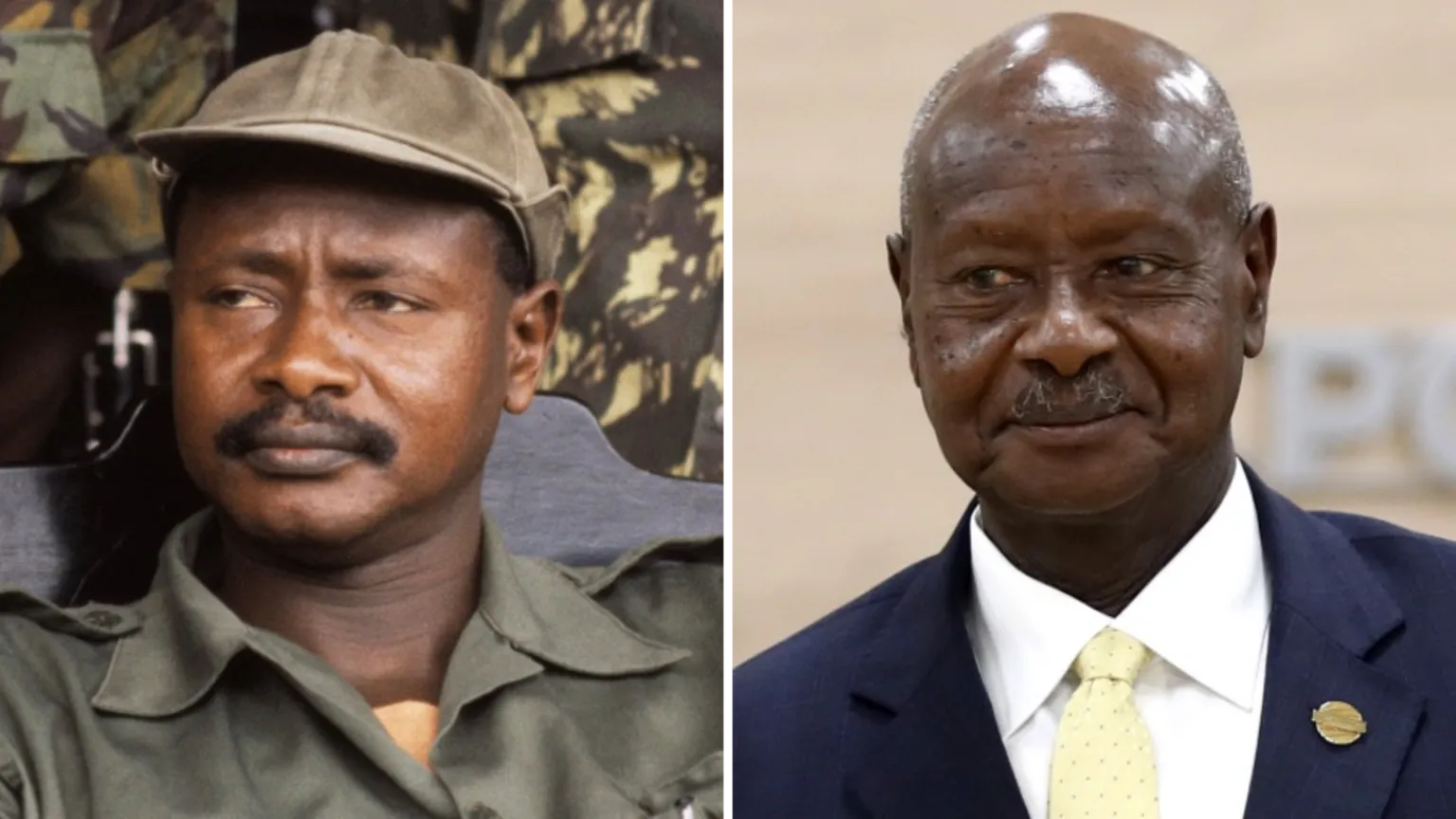By Steven Masiga
The basic roles of cultural institutions, as summarized by the Cultural Leaders Act 2011 and the Constitution of Uganda in Article 246, include the following: Section 8(a) and (b) grants cultural leaders the responsibility to promote and preserve cultural values, norms, and practices that enhance the dignity and well-being of the people in the areas where they are recognized as such. Furthermore, cultural leaders are also empowered to advocate for the development, preservation, and enrichment of their communities.
Other roles that may be envisaged and can be called “common sense” roles, which may vary from community to community, include guiding communities on family planning and providing general guidance on resolving culturally-related conflicts when necessary. A cultural leader in Karamoja, for example, can dissuade his community from harmful practices such as cattle wrestling, while the Umukuka of the Bamasaba can offer guidance on the calendar of the Imbalu (circumcision) ceremonies.
The most critical point here is whether these duties require an assembly to execute them. The answer is no.
Can cultural institutions or traditional leaders, such as the King of Buganda or the King of Bunyoro, be allowed to make laws through a general assembly to regulate how they run their own affairs? The Constitution of Uganda, through Article 246(f), discourages the enactment of laws by cultural and traditional institutions. This is further supported by Section 11 of the Cultural Leaders Act, which warns the Umukuka of Bamasaba, the King of Buganda, or the King of Bunyoro from making laws. It flatly discourages them from exercising administrative, legislative, or executive powers. The exercise of such powers is the preserve of central and local governments. Anything that is ultra vires the Constitution or any Act of Parliament is null and void.
Article 79(1) and (2) of the Constitution of Uganda strongly emphasizes that only Parliament has the authority to make laws for the country. Exceptions and latitudes are given to local governments, which can make subordinate legislation under the authority of Section 38 of the Local Government Act. Likewise, Section 19 of the Cultural Leaders Act 2011 grants the Minister of Gender, Government of Uganda, the legal authority to make policies to regulate the institution of cultural leaders. For example, Section 19(1) of the CLA 2011 states that the minister may, by statutory instrument and with the approval of Parliament, make regulations for the better implementation of the provisions of this Act. One of the policies in place is the National Cultural Policy 2019.
A conservative analysis of the above legal texts indicates that cultural institutions are supposed to rely on the Ministry of Gender to develop policies on how cultural and traditional leaders should manage their communities. Among the Bamasaba cultural institution, there are debates about having a general assembly in place. The question remains: what exactly should such an assembly do in light of Article 246(f), and how should it come about? Guidance should be sought from the Solicitor General and the Attorney General.
The Inzu ya Masaba, as a cultural institution, was established around 2009 by eminent professors and academicians. However, with the emergence of the Cultural Leaders Act 2011, the said constitution effectively gave way, and all provisions in place had to be revised. Lawyers, including the former Chief Justice of Uganda, George Masika, are well aware of this, which is why he is in agreement with the CLA 2011.
In Uganda, it is an offense for anyone to make laws other than Parliament, or those making laws should do so with authority. When the Inzu ya Masaba constitution was created, what authority was the basis for such a constitution? Non-compliance with the law in this context must be questioned.
Many eminent scholars concerned with the subject, along with other interlocutors, encourage cultural institutions to have a council of elders to guide the cultural or traditional leader, but not a law-making body like an assembly of elected members. The formula for establishing such a respected elders’ forum should be within the framework of Section 19(1) of the CLA 2011.
Finally, are cultural institutions meant to make their own laws in the face of the various legislations mentioned above? Cultural institutions should petition the Ministry of Gender to create as many regulations and policies as necessary for the smooth management of their communities instead of masquerading as law-makers when they are not clothed with the necessary authority to do so.
The writer is the spokesperson for the Bamasaba Cultural Institution. Tel: 0782231577. He is also a master’s student of Law.




















